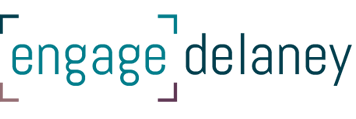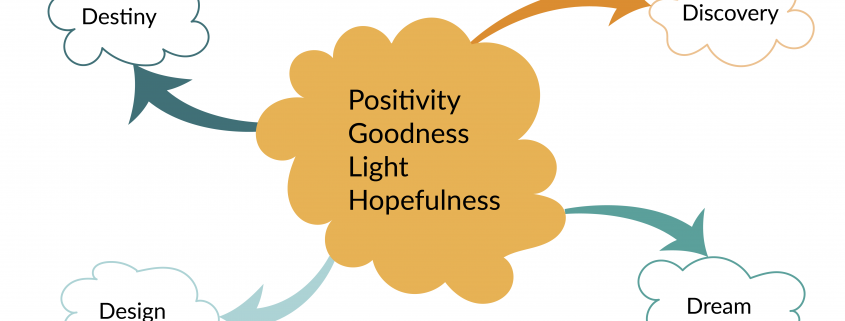Engagement Techniques for You and Your Family During COVID-19
by Jessica Delaney, Principal, Engagement + Communications
During “normal” times, I would be looking at a busy training calendar and preparing to deliver the IAP2 courses (planning and techniques). As I looked through the manuals recently examining how we might be able to deliver some of the IAP2 Foundations online, I was struck by a few engagement techniques that I thought would be helpful for us as individuals and families.
I have come to realize that a grounded and positive outlook doesn’t just happen. It takes work, intention and as much of a commitment to doing some things as a commitment to not doing others. Last Friday, I watched the news and it hit me like a ton of bricks. I was so down and started comparing my reality to what I had planned. It wasn’t positive, productive and it didn’t lift me or my family up. So, on my don’t do list is: watching the news, looking back or focussing on “what could have been”.
On my do list, is to be intentional and grounded in the positives. One engagement technique that is particularly well suited for this is appreciative inquiry. The image below shows the big phases of appreciative inquiry, but at its core is positivity and to build on what’s working well. Here are some suggestions for the questions you can ask yourself, your partner, and/or your whole family. Make it a family affair so that we can all be part of the process.
Discovery
- Tell me about a time when we (you) had a great time at home.
- What was the best memory we have that takes place at home?
- When you weren’t at home, what did you long for most about being home?
Dream
- If we were to maximize our time at home, what would it look like?
- At the end of the pandemic (whenever that might be), what would you wish we had achieved/done?
- When we look at back at this time, what memories do we want to have made?
Design
- What could we be doing to achieve our dream?
- What are the actions/activities that will be important in our dream?
- What unique strengths do each of us bring to the dream and the team?
Destiny
- What kind of schedule do we want to build together?
- What tools, supplies, or supports do we need to make the dream a reality?
- How will we support each other to achieve the dream?
Affirmative
This stage in appreciative inquiry could be modified and be used as a check-in either daily around the dinner table, or on Sunday nights as you work to plan your week.
This is an engagement and facilitation tool that is often used for strategic planning, but ultimately, its core is in recognizing that there is a positive core or centre from which we can plan and begin. I recently saw on social media a post: being at home is a privilege. It struck me because there are so many people who can’t stay home or who we need to go to work. We need medical professionals at work saving people, we need truck drivers hauling food and essential goods across this country, and we need grocery store employees enabling us to fill our fridge. I have no doubt many of them wish they were home and not worrying about their health or what they could unintentionally bring home to their loved ones. So, with this in mind, I am going to remember the positive centre of all of this: our little and big family is healthy and from there we can achieve all we need to. Stay well.




